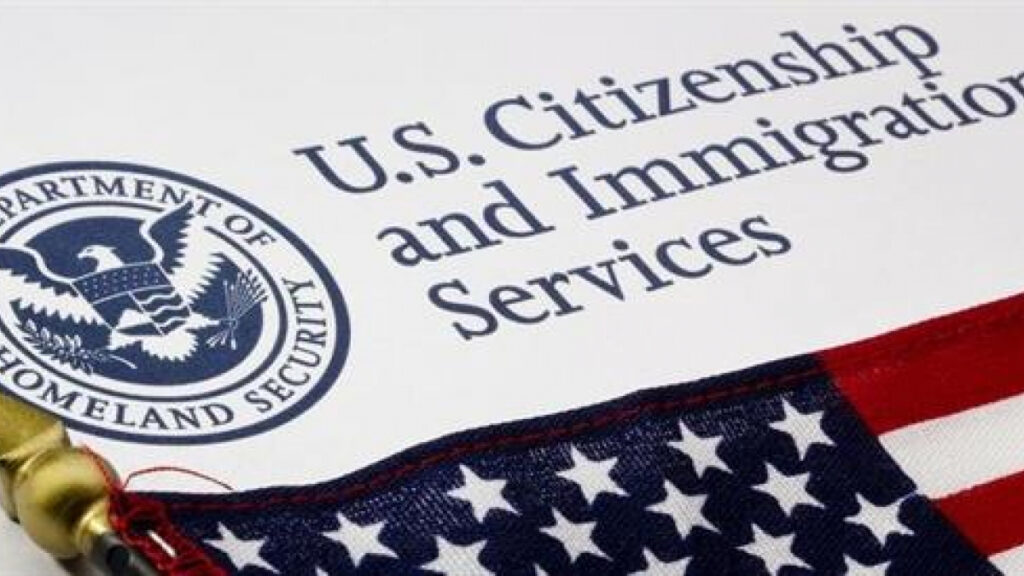Immigrants and Refugees
Immigrants experience domestic violence at similar rates as non-immigrants. However, individuals without citizenship status or other forms of documentation may face heightened risks as a result of factors like language, social isolation, lack of information or financial resources, cultural beliefs, or fear of deportation. Immigrant survivors often choose not to report incidents of abuse out of fear of immigrant consequences.
The Schuylkill Hope Center provides services to everyone, regardless of their citizenship status or national origin.

TACTICS USED BY AN ABUSER
- Threatening to report to the INS to get the victim deported, or threatening to withdraw the petition to legalize the victim’s immigration status
- Hiding or destroying important papers (passport, ID cards)
- Destroying their only property from their country of origin
- Threatening to report the victim if they work “under the table”
- Calling the victim a prostitute or a “mail order bride”
- Alleging the victim has a history of prostitution on their legal papers
- Threatening to take the victim’s children away from the U.S., or threatening to report the children to the INS
- Failing to file papers to legalize their immigration status, or withdrawing or threatening to withdraw papers filed for their residency
- Isolating the victim from friends, family, or anyone who speaks their language
- Not allowing the victim to learn English
- Lying about the victim’s immigration status
- Writing to the victim’s family and telling lies about the victim
- Calling the victim racist names
KEY CONCEPTS
- VAWA Self Petitions – The Violence Against Women Act allows eligible victims to petition for a green card independent of their abuser by filing Form I-360 VAWA Self-Petition
- Entered Without Inspection (EWI) – entered the U.S. without being inspected by an immigration or border patrol office
- Non-Immigrant Visa (NIV) – issued to foreign nationals seeking to enter the U.S. on a temporary basis for tourism, business, medical treatment, and certain types of temporary work; the authorized period of stay has a definite end date
- Employment Authorization Document (EAD) – often referred to as a work permit
- Immigrant Visa (IV) or Green Card – issued to foreign nationals who intend to live and work permanently in the U.S.; in most cases, a relative or employer sponsors the individual by filing an application with U.S. Citizenship and Immigrant Services
- Legal Permanent Resident (LPR) – an employment-based visa for priority workers who have extraordinary abilities, outstanding research, or certain multinational executive or manager status
- Visa Free Travel – only available for citizens of certain countries, allowing them to travel to the U.S. without a visa.
- U Visa – non-immigrant visa created as part of the VAWA of 2000, which offers humanitarian protection to victims of crimes of domestic violence, sexual assault, human trafficking, and other serious crimes
- T Visa – non-immigrant visa for victims of human trafficking who are willing to assist law enforcement in the investigation or prosecution of the acts of trafficking
- U.S. Citizen (USC) – persons who are born, derived, or naturalized in the United States

Additional Resources:
- The Pennsylvania Immigrant and Refugee Women’s Network
- The National Domestic Violence Hotline – Abuse in Immigrant Communities
- The National Network to End Domestic Violence – Immigration Policy
- Futures Without Violence – Immigrant Women and Domestic Violence
- The Pennsylvania Coalition Against Domestic Violence – Immigrant & Refugee Communities
